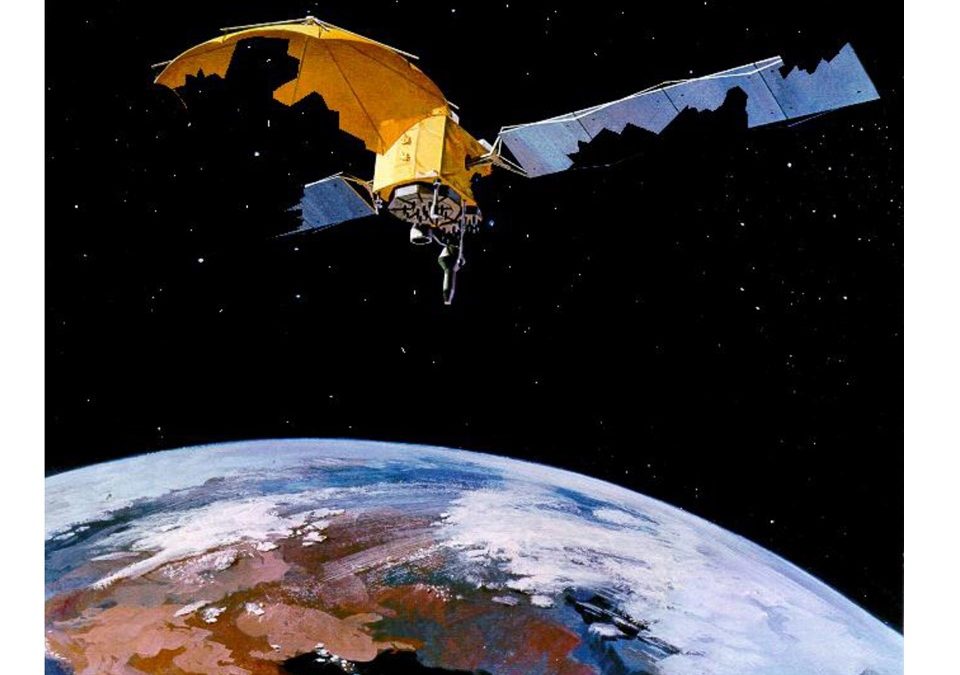Blog Editor’s Note: While this article does not provide our readers a lot of new information, it is a good reminder and summary of the current state. It is also an indication of the growing awareness of this vulnerability and the need to address it.
And, if this is a big problem for world’s most powerful Army, maybe it’s and important issue for businesses and America’s critical infrastructure.
The problem with GPS in the modern military
In the years after the Gulf War many, and especially the American military, became increasingly dependent on the GPS constellation to provide positioning, navigation and timing for everything from warships, combat aircraft and guided missiles, to individual soldiers on the ground. But is it still so revolutionary? Dr Gareth Evans reports.
Back in 1991, as Operation Desert Storm played out nightly on the extended TV news, the capabilities of precision-guided munitions came as a revelation to the viewing public. GPS was a technical wonder and promised a new era of warfare, quickly pulling the viewer into the easy jargon of ‘smart bombs’ and ‘minimised collateral damage.’
A quarter of a century on from the Gulf War, and GPS is everywhere, and in everything – but it is also a quarter of a century older too. Technology that was once revolutionary and expensive has become familiar, cheap and, frankly, a bit passé, but at the same time it has been deeply integrated into almost every aspect of modern life. From the military to the mobile phone, GPS now forms a ‘given’ part of the 21st Century – but in doing so, it has also become a potential victim of its own success. A growing number of voices, and most recently a programme manager at the US Defense Advanced Research Projects Agency (DARPA) itself, now describe GPS as ‘a single point of failure’ (SPOF).
SPOFs exist when the loss of just one crucial element in a system can incapacitate the whole of the rest of it, and GPS offers that on an almost unimaginable scale. Aside of its wholly military function, it also provides a framework for a huge range of other industries and activities too, including civilian air, sea, road and rail transport, the emergency services, agriculture, fisheries, cellular networks, utilities and the financial system. Good though GPS is, the system has its vulnerabilities.


